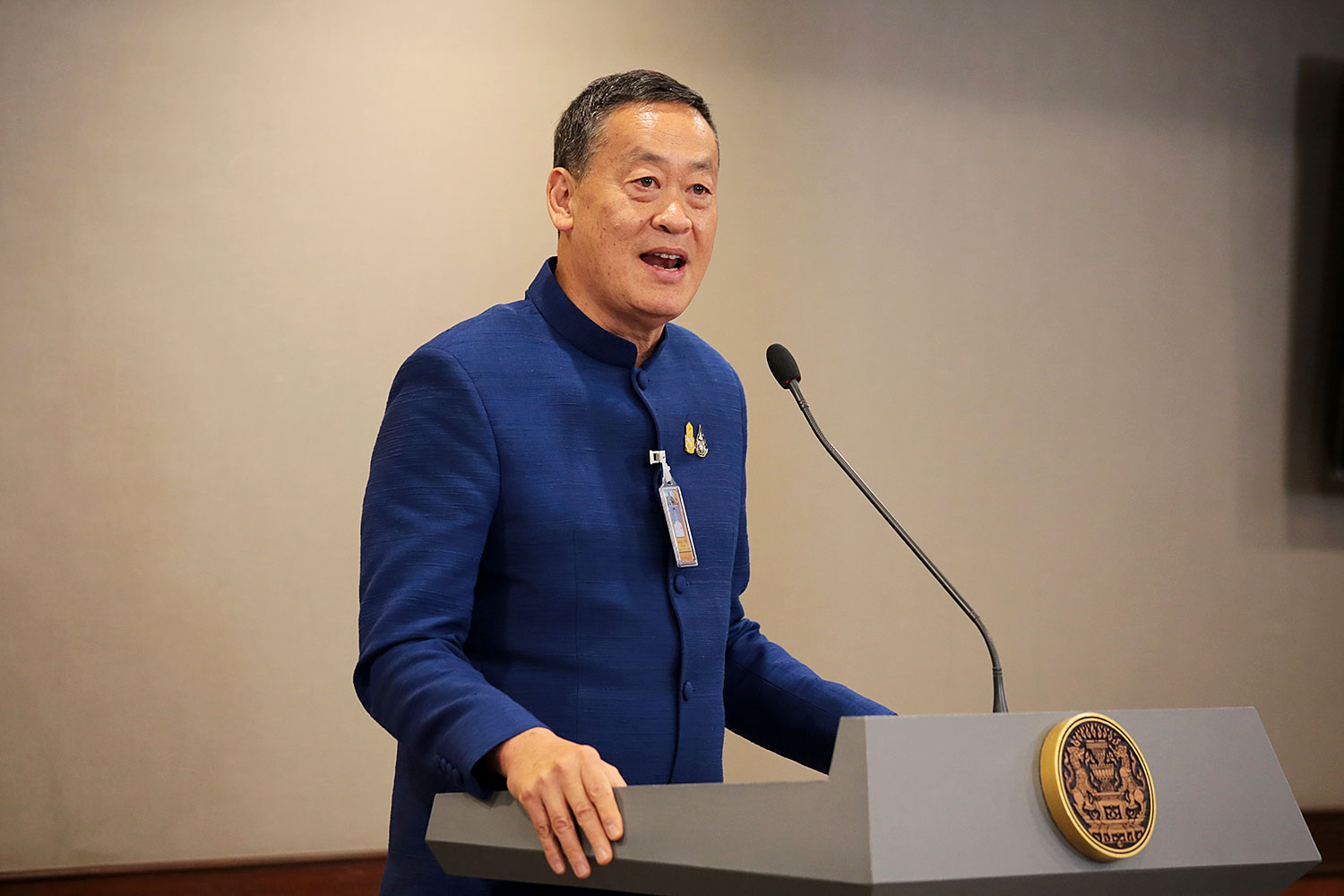
It should be good news that the Srettha government will make the fight against narcotics part of the national agenda. Announced on Sunday by Prime Minister Srettha Thavisin, the news has garnered mixed reactions, especially among human rights activists, which is understandable.
The idea of a crackdown on narcotics in Thailand has rekindled the memory of the notorious "war on drugs" campaign launched by Thaksin Shinawatra 20 years ago when he was prime minister under the government led by Thai Rak Thai, the progenitor of the current government. That war on drugs is one of Thaksin's bad legacies.
The crackdown responded to the country being flooded with ya ba -- a mixture of methamphetamine and caffeine. News about homicides and gruesome killings committed by drug addicts made headlines regularly.
Thaksin's method of dealing with it was to try and wipe out the drug dealers. "In this war, drug dealers must die!" Thaksin was widely quoted in local and global media at the time.
In the crackdown, officials worked with community leaders to find drug dealing suspects and put them on a blacklist. Over 2,500 suspects were killed within three months, some in execution style.
The outcome of Thaksin's war on drugs was mixed. Bloody crackdown made ya ba peddlers disappear from the streets overnight. However, the campaign failed to scratch the drug kingpins and did not break up major drug manufacturing operations in the Golden Triangle or along the Thai border in Myanmar.
When an independent committee established by the junta Surayud Chulanont government published a report in 2008, it concluded that 1,372 people with no record of drug involvement had been killed in the crackdown.
Now, the question is -- what will Mr Srettha's fight against narcotics be like?
Over the last two decades, the narcotic industry has changed -- with innovation and cheap chemical precursors allowing drug makers to produce cheap drugs and deliver them through various channels, including mail delivery and even drones.
In response, the government must focus on investigations and legal means to trace financial routes and confiscate assets of suspects and less on sending rank-and-file policemen to chase after peddlers.
As narcotics is a transboundary crime, the Srettha government also needs to work closer with international bodies and neighbours to disrupt the narcotic supply chain.
The government must also develop creative policies and ways to keep the nation's youth away from drugs while allocating sufficient funding to rehabilitate drug users.
Above all, this new war on drugs must not repeat the 2003 version that glorified violence and permitted excessive police force.
Mr Srettha has a moral obligation to ensure that officials comply with the Act on Prevention and Suppression of Torture and Enforced Disappearance Act 2021. Effective in February, the law aims to make official legal processes in line with international human rights standards. Police, for example, must wear body cameras during arrests and interrogations.
It is hoped that the new Pheu Thai government has learned from the past that a violent war against drugs cannot solve the nation's drug problems at the core.
